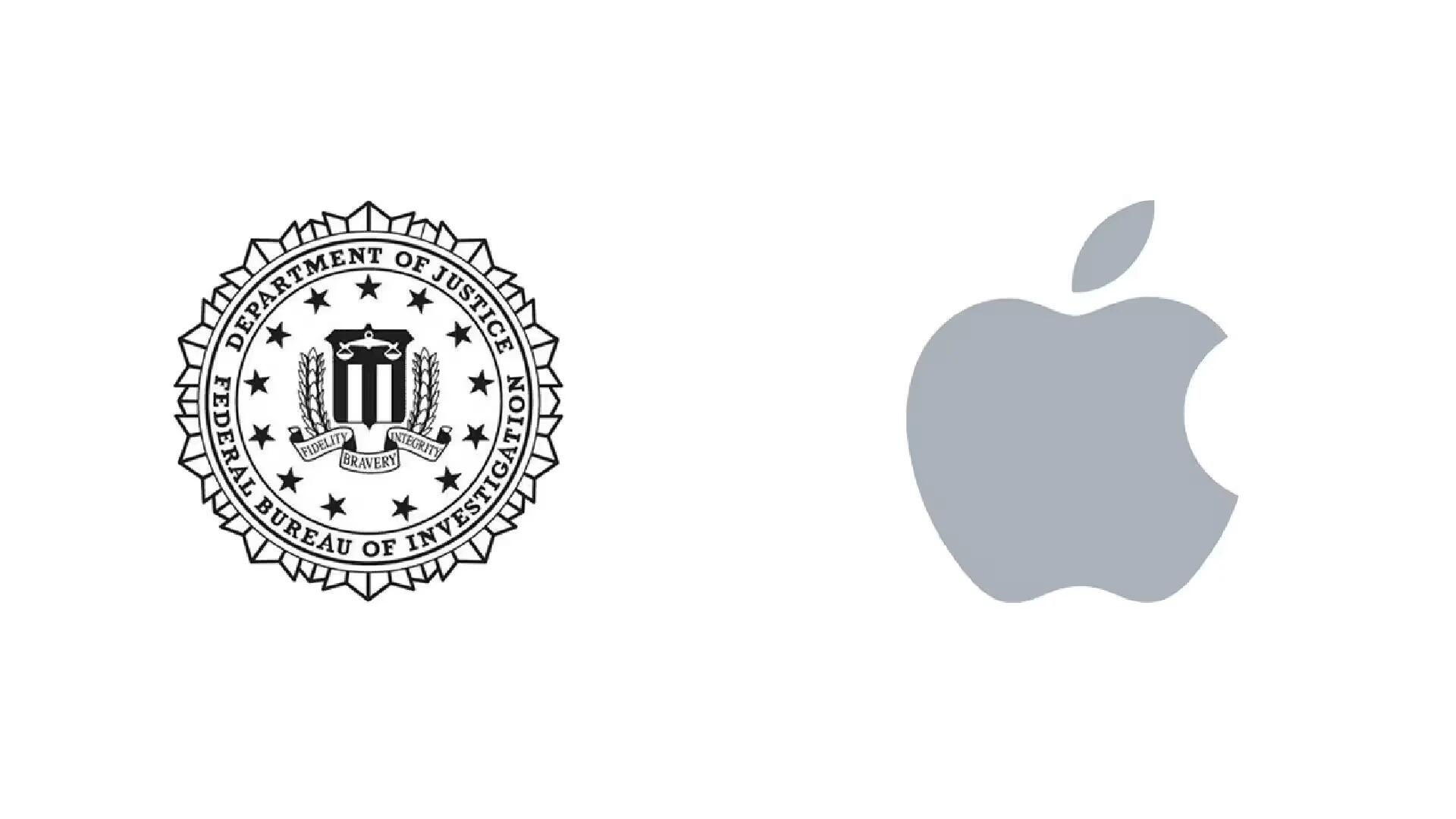Today, both Facebook and Twitter has announced that they will support Apple in opposing a government order that would require it to provide backdoor access to FBI in its iOS devices.
This whole issue began when FBI recovered the iPhone 5c belonging to Syed Rizwan Farook, who was behind the San Bernardino terror attack that happened on December 2, 2015, in which 14 people were killed and 22 were seriously injured and later died in a subsequent shootout with police. FBI believes Farook’s iPhone could contain information about the shooting, including the names and contact information of other terrorists and may also contain evidence of other planned attacks. Unfortunately, Farook’s iPhone was locked and requires a numerical PIN to unlock the device. As a result, FBI wants Apple to provide access to his iPhone and a federal judge ordered Apple Inc. to provide access of the iPhone’s encrypted data to the FBI.
The dispute between Apple and the FBI centers around the FBI’s request for a new version of iOS that would disable certain passcode security features on the shooter’s iPhone 5c. The FBI has made three demands of Apple, which are as follows:
- Eliminate the auto-erase function that wipes an iPhone if the wrong passcode is entered 10 times.
- Eliminate the delay that locks the FBI out of the iPhone if the wrong passcode is entered too many times in a row.
- Implement a method that would allow the FBI to electronically enter a passcode using software.
However, Apple has declined the request saying it would set a “dangerous precedent” and “has implications far beyond the legal case at hand” and has written an open letter clarifying its standing.
The implications of the government’s demands are chilling. If the government can use the All Writs Act to make it easier to unlock your iPhone, it would have the power to reach into anyone’s device to capture their data. The government could extend this breach of privacy and demand that Apple build surveillance software to intercept your messages, access your health records or financial data, track your location, or even access your phone’s microphone or camera without your knowledge.
Apple also has the support of WhatsApp CEO Jan Koum and several advocacy groups, including the Electronic Frontier Foundation, Fight for the Future, and the American Civil Liberties Union.
Twitter CEO Jack Dorsey shared a tweet saying he and his company will stand with Apple. He also shared the open letter from Apple CEO Tim Cook that calls the FBI’s software request as “too dangerous to create”.
We stand with @tim_cook and Apple (and thank him for his leadership)! https://t.co/XrnGC9seZ4
— jack (@jack) February 18, 2016
Yesterday, Google CEO Sundar Pichai issued a statement in support of Apple’s decision in a carefully worded statement.
1/5 Important post by @tim_cook. Forcing companies to enable hacking could compromise users’ privacy
— Sundar Pichai (@sundarpichai) February 17, 2016
2/5 We know that law enforcement and intelligence agencies face significant challenges in protecting the public against crime and terrorism
— Sundar Pichai (@sundarpichai) February 17, 2016
3/5 We build secure products to keep your information safe and we give law enforcement access to data based on valid legal orders
— Sundar Pichai (@sundarpichai) February 17, 2016
4/5 But that’s wholly different than requiring companies to enable hacking of customer devices & data. Could be a troubling precedent
— Sundar Pichai (@sundarpichai) February 17, 2016
5/5 Looking forward to a thoughtful and open discussion on this important issue
— Sundar Pichai (@sundarpichai) February 17, 2016
Facebook has revealed that they would stand with Apple in a statement to USA Today.
We condemn terrorism and have total solidarity with victims of terror. Those who seek to praise, promote, or plan terrorist acts have no place on our services. We also appreciate the difficult and essential work of law enforcement to keep people safe.
When we receive lawful requests from these authorities we comply. However, we will continue to fight aggressively against requirements for companies to weaken the security of their systems. These demands would create a chilling precedent and obstruct companies’ efforts to secure their products.
While the government has suggested the software tool will be used to unlock only the device in question, Apple and other technology companies believe that it sets a precedent that could lead to similar unlocking requests in the future or a general demand to weaken overall encryption for electronic devices. Many security experts believe that it is possible to do what the Government and FBI are asking, but it could be expensive and leave Apple open to security risks. They believe that once Apple provides what FBI is asking, then it can be used again. In actuality, the mere knowledge that it was done will make it easier for others to find out how.
Apple has gained a number of backers over the course of the last few days and even some Apple customers has created petitions and are attending rallies in support of Apple. However, other technology companies has not made any comments, a Microsoft spokesperson linked to a statement by the Reform Government Surveillance industry group that says “technology companies should not be required to build in backdoor to the technologies that keep their users’ information secure”. That group counts AOL, Apple, Dropbox, Evernote, Facebook, Google, LinkedIn, Microsoft, Twitter, and Yahoo among its members.
